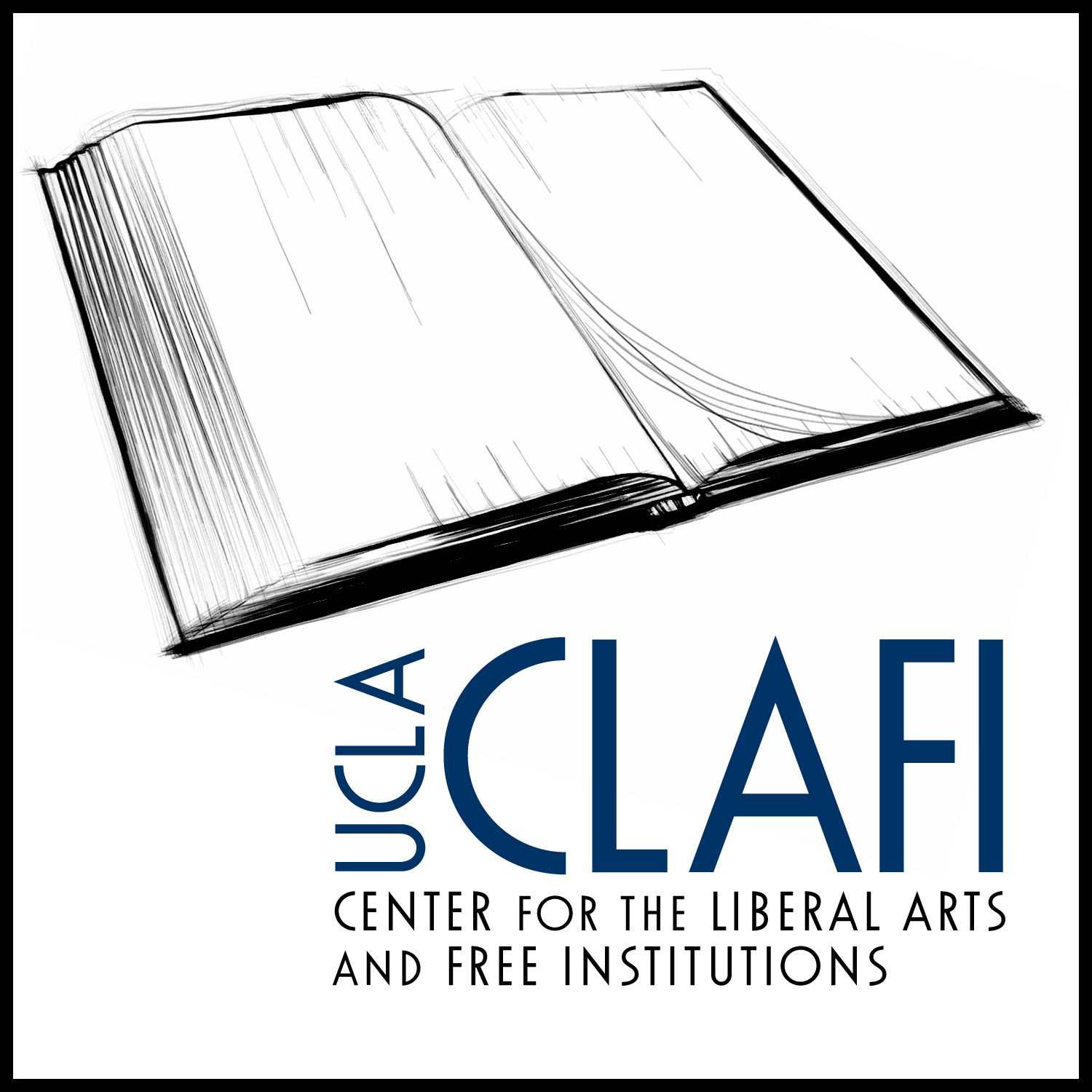By Thomas Hicks
The last few centuries, and the last hundred years in particular, have seen dramatic changes in civilization. The population has grown so much that many cities today are larger than entire ancient kingdoms. Economically, we have wealth that far surpasses even the richest nations of the past. In the sciences the changes have been even more profound. Medicine has made incredible advances, curing diseases that were once a death sentence. In astronomy we know things about stars and galaxies that are millions of light-years away. In physics we understand how objects act on levels so small as to be unimaginable. In countless fields we’ve made incredible progress in the modern era. So the question arises, why not focus on current ideas, rather than long-dead thinkers? Why study the Western intellectual tradition at all?
If our goal is simply knowledge of the natural sciences, perhaps there is very little reason. However, when we look at the world in other terms we start to see the missing pieces. Although there is great progress in the physical sciences, there seems to be little consensus among the other fields of study. When there is conflict in the sciences it is often taken for granted that the conflict will someday be resolved. Knowledge is assumed to be constantly progressing. In the liberal arts on the other hand, conflict seems to be the norm rather than the exception. This has more than merely academic consequences. Society as a whole is conflicted about numerous moral issues, things that affect the day-to-day lives of ordinary people. The advances in technology have not made the questions simpler, but instead have created ethical dilemmas never before considered. Moral dilemmas that were first raised hundreds or even thousands of years ago have still not been resolved. There is clearly something missing in modern society, something that cannot be solved by appealing to scientific progress.
Descartes espoused the idea that there is a single scientific method that can be applied to any branch of knowledge. However, our huge leaps forward in the physical sciences coupled with our lack of progress in the humanities shows that this is not so. In a talk given in 1992 Pope John Paul II had this to say:
“The birth of a new way of approaching the study of natural phenomena demands a clarification on the part of all disciplines of knowledge. It obliges them to define more clearly their own field, their approach, their methods, as well as the precise import of their conclusions. In other words, this new way requires each discipline to become more rigorously aware of its own nature.”
It would be simpler if the same method could be used for every subject, but the conflict in the liberal arts shows us that this is not possible. It is clear that there is no one universal method that can be applied to all fields of knowledge. Progress in on area is no guarantee of progress in another. The method for any particular field must be decided first and foremost by the matter that it studies.
Oftentimes the object of the physical sciences requires great advances in technology in order to be properly examined. The liberal arts however do not have the same dependence on technology. Because their matter is not physically dependent they do not have the same physical restrictions. The thinkers of the past were as capable of examining matters such as art, drama, philosophy, and other abstract fields as we are today. Moreover, understanding the liberal arts is as much about learning how to think as it is about learning a body of knowledge. A logician for example must not simply know what to think about propositions but why we think that way. To truly master the liberal arts one cannot simply assume the teachings of those who came before, instead one must make the same intellectual journey as those thinkers they study. It would be foolhardy to attempt this journey without examining the ideas of those who already attempted it. The Western intellectual tradition traces the path of thought one must take in order to grasp the liberal arts. If we ignore the thinkers of the past we do not find ourselves ahead of them, but far behind.
